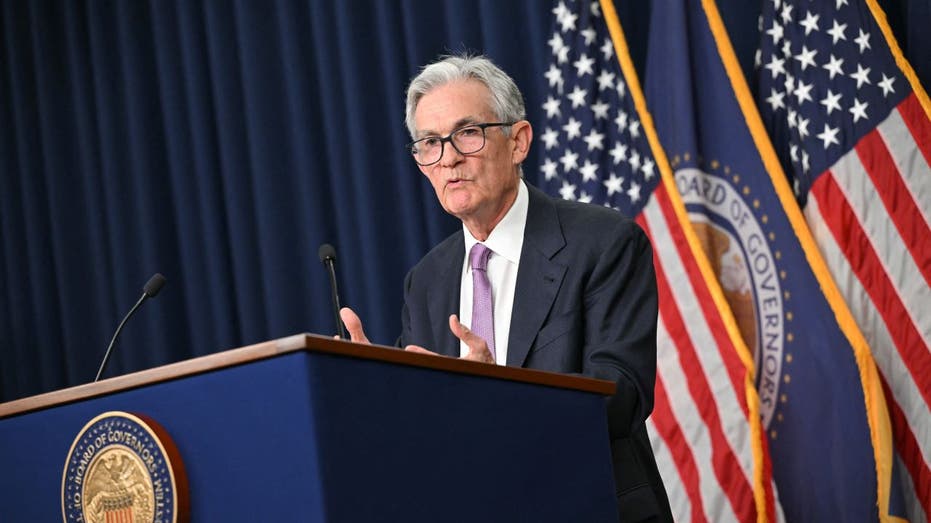Pharmacy Benefit Management Unicorn Capital Rx Rakes In $3.5 Billion In Revenue As Congress Targets Drug Middlemen

Andrii Zastrozhnov/Getty Images
- Transparent pharmacy benefit management startup Capital Rx hit $3.5 billion in revenue last year.
- The startup is surging as Congress seeks to rein in PBM giants that profit from high drug costs.
- Capital Rx, backed by VC firms like General Catalyst, doesn't make money from drug spend.
Pharmacy benefit management startup Capital Rx earned $3.5 billion in revenue last year as Congress sought to reign in the legacy middlemen that have long profited from high drug costs.
Pharmacy benefit managers, or PBMs, negotiate drug prices between drug manufacturers, insurance companies, and pharmacies. These companies are facing mounting criticism for marking up drug prices for their own benefit, including in Congress, where lawmakers in 2024 sought to pass reforms that would force more transparency into PBM business practices.
Today, the three largest PBMs — CVS Health's Caremark, UnitedHealthcare's OptumRx, and Cigna's ExpressScripts — make money in large part by taking a cut of the discounts they negotiate between drug manufacturers and insurers. PBMs are incentivized to keep drug spending high because higher drug costs usually mean bigger discounts and, thus, bigger profits.
Capital Rx, a healthcare startup backed by VC firms like General Catalyst and Transformation Capital, is taking a different approach.
The startup bills itself as a transparent PBM that doesn't profit from higher drug spending. Instead, it's going back to the basics of the PBM industry, charging health insurers and employers flat administrative fees to manage their prescription drug plans.
With the legacy PBM players under fire, Capital Rx's business is surging. The startup brought in $3.5 billion in revenue last year across its business lines, and CEO AJ Loiacono told Business Insider exclusively that it's projecting $4.8 billion in revenue in 2025.
Despite its soaring revenue, Capital Rx isn't yet profitable, which Loiacono attributed to the startup's heavy investment in its tech development. He said the startup is on track to be profitable by the end of 2025.
Much of Capital Rx's success relies on its ability to steal customers away from the big three PBMs — the startup said it signed on 80 new clients last year. It's competing with startups like Rightway, backed by VC firms including Khosla Ventures and Tiger Global, as well as more traditional small PBMs like Navitus Health Solutions, co-owned by Costco and Midwestern health system SSM Health.
Capital Rx has raised $355 million since its 2017 founding, including $115 million in Series D funding last year, which valued Capital Rx at $1.26 billion. The startup declined to share its current valuation.
Capital Rx CEO AJ Loiacono.Capital Rx
Because Capital Rx doesn't take a cut of drug discounts, however, its transparent PBM business operates at a lower margin than legacy PBMs. That's where the second half of its business comes in.
About 40% of Capital Rx's revenue comes from pharmacy benefits administration, which involves handling tasks for health plans like processing prescription claims and helping patients get access to their medications. The startup built a tech platform called JUDI to centralize these tasks, and Loiacono said he's seeing uptake of the tech grow even faster than Capital Rx's PBM business.
The startup is also launching features for processing medical claims on its platform. Typically, health plans have to process pharmacy and medical claims separately. Capital Rx said it plans to expand the platform further to include vision and dental benefits.
"It costs us about 70% less to administrate a plan or a patient than our competitors because of our JUDI platform," Loiacono said. The startup has licensed its tech to a variety of health systems and health plans, including Memorial Hermann in Texas and 23 different BlueCross BlueShield plans.
Drug costs in the US have continued to rise as pharmaceutical companies develop new and expensive specialty medicines. According to IQVIA, nearly half a trillion dollars in pharmacy drug spending is expected in 2025.
Congress appeared ready to pass measures to rein in PBMs as part of a federal funding bill in December, but those efforts were left out of the final version of the bill at the last minute.
While Loiacono said it's difficult to predict what drug pricing reforms the Trump administration might pursue this year, if any, he said he expects Congress to revisit the legislation left on the table in December.
"Anyone who's asking for the removal of complexity, opacity, and the ability to take advantage of a patient's ignorance around drug pricing — these are all beneficial indicators of where we could go," he said.


